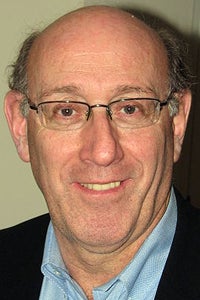As part of the Views from Washington lecture series at Harvard Law School, Kenneth Feinberg, the prominent lawyer with a reputation for resolving complicated claims cases, shared his experiences with law students in November. Feinberg is currently the administrator for the Gulf Coast Claims Facility, dealing with the aftermath of the Deepwater Horizon disaster.
“It’s true that I’ve been brought in over the last twenty-five years to deal with public policy national disasters—there’s a common denominator here,” Feinberg said.
“Here’s my thesis,” he told students, “There are occasionally cases in American life where policymakers decide that the conventional way of resolving a dispute—the courtroom—won’t work.”
These are instances, according to Feinberg, “where the volume of the claims is so great or the quality is so problematic—or the inefficiencies of the courtroom are so pronounced—we better do an end-run around the traditional dispute-resolution system.”
In the wake of the recent Gulf spill, President Barack Obama ’91 and BP executives tapped Feinberg to design, implement, and administer a compensation program for the victims in the Gulf region.
“We have, over the last eight weeks, paid $1.5 billion to 90,000 people and businesses in the Gulf—we will continue to do that.”
Feinberg invented his unconventional approach and penchant for resolution out of earlier work with asbestos and Agent Orange.
“It first started in 1984 with the Agent Orange class action suit: were Vietnam veterans injured as a result of their exposure? It was a huge case—we settled it for $180 million.”
Feinberg commented on his role as administrator of the 9/11 Victim’s fund established by Congress.
“You can sue, but if you’d rather not sue … you’re eligible to come into a public system and get compensated through tax-payer dollars.”
Other high-profile Feinberg resolutions include distribution of compensation for the victims of the Virginia Tech massacre as well as negotiation with big bank executives on fair pay.”
“We worked it out consensually. It was in response to a financial debacle—a tragedy—that Congress passed this law.”
In her introduction, HLS Dean Martha Minow spoke glowingly of Feinberg and his work.
“This is a master of problem-solving who has figured out how to use mediation and alternative dispute-resolution to tackle some of the hardest issues we have faced, whether it’s the 9/11 Victim’s compensation or the TARP executive compensation issue or the BP disaster relief.”
